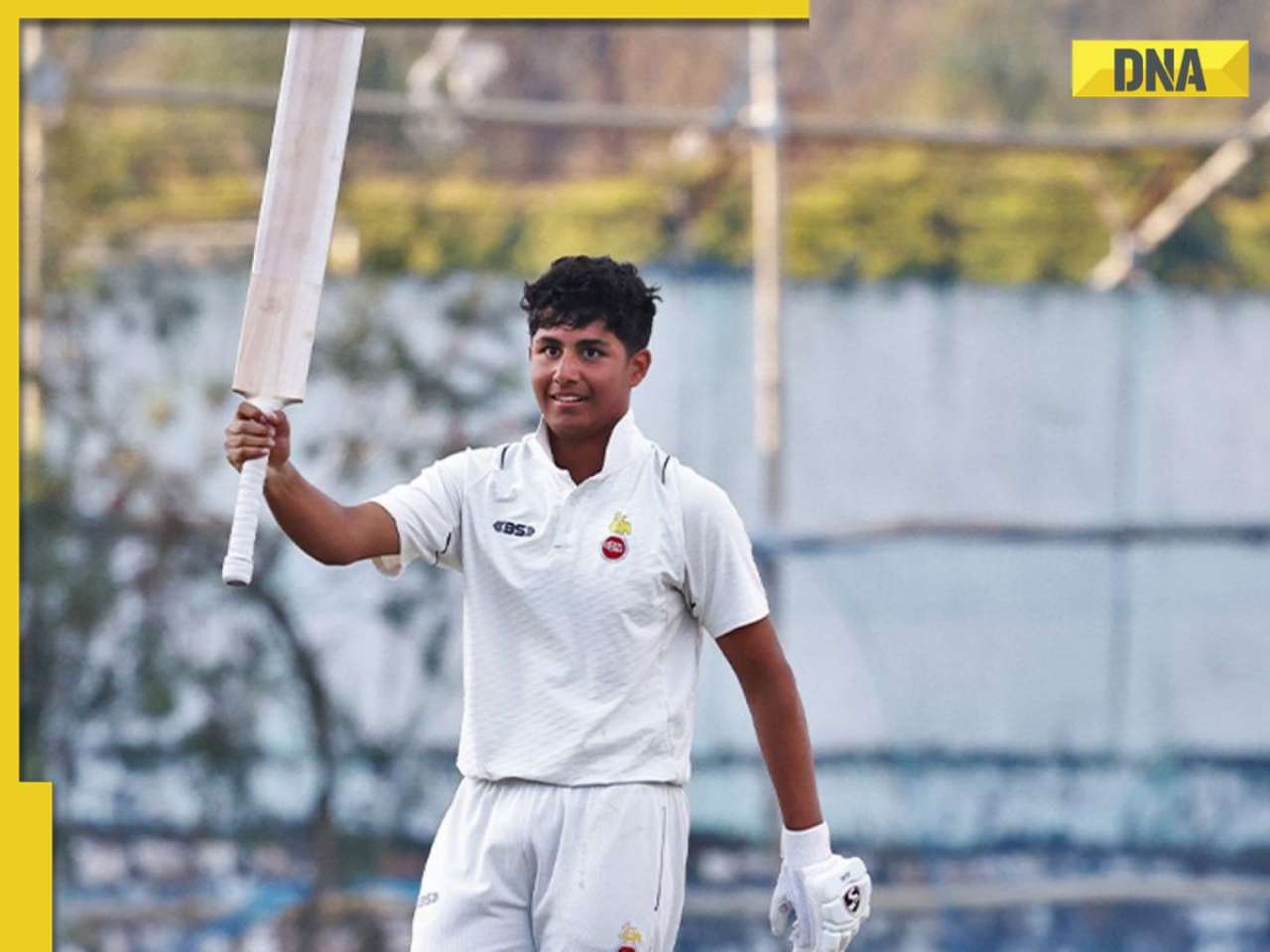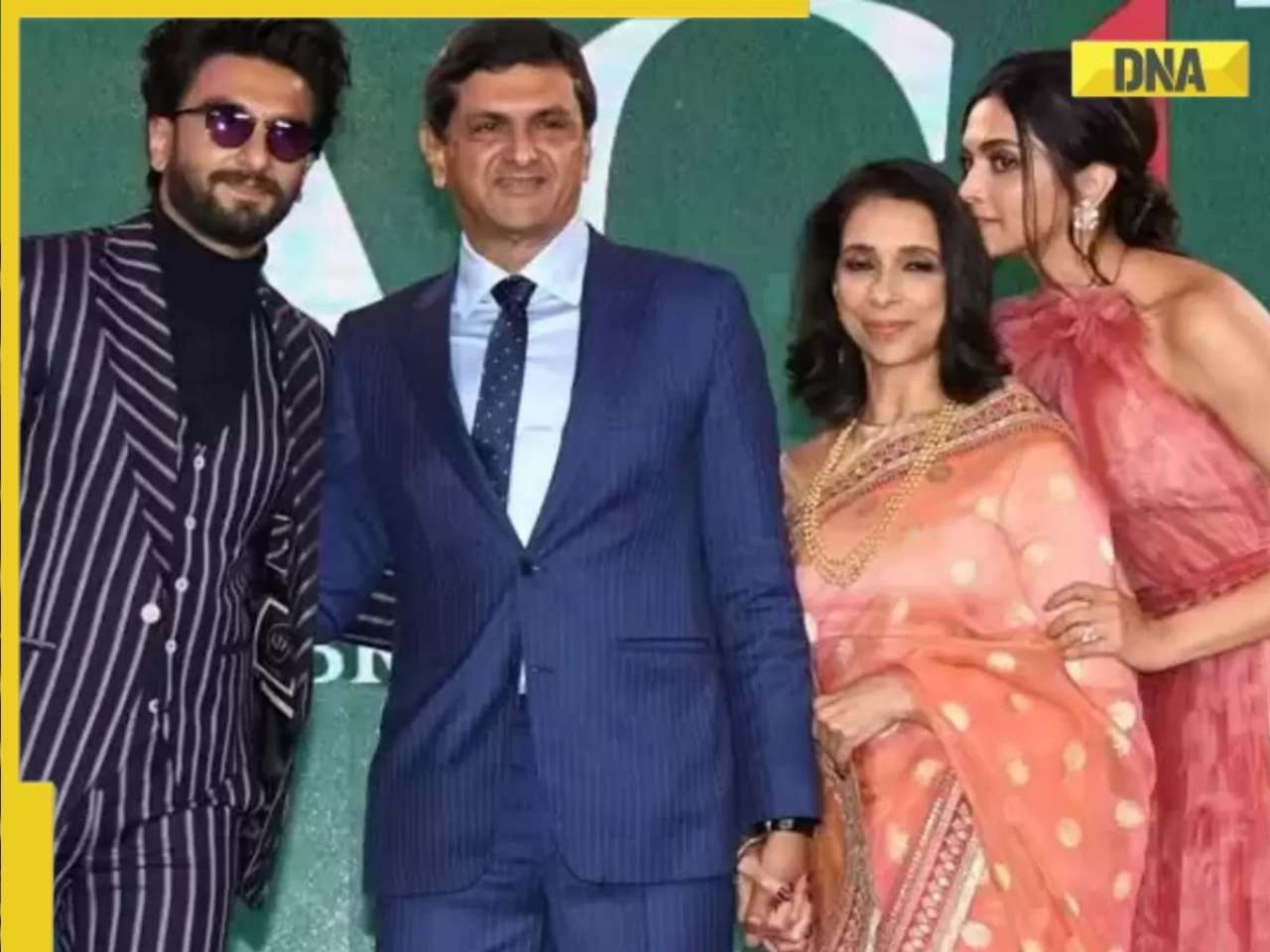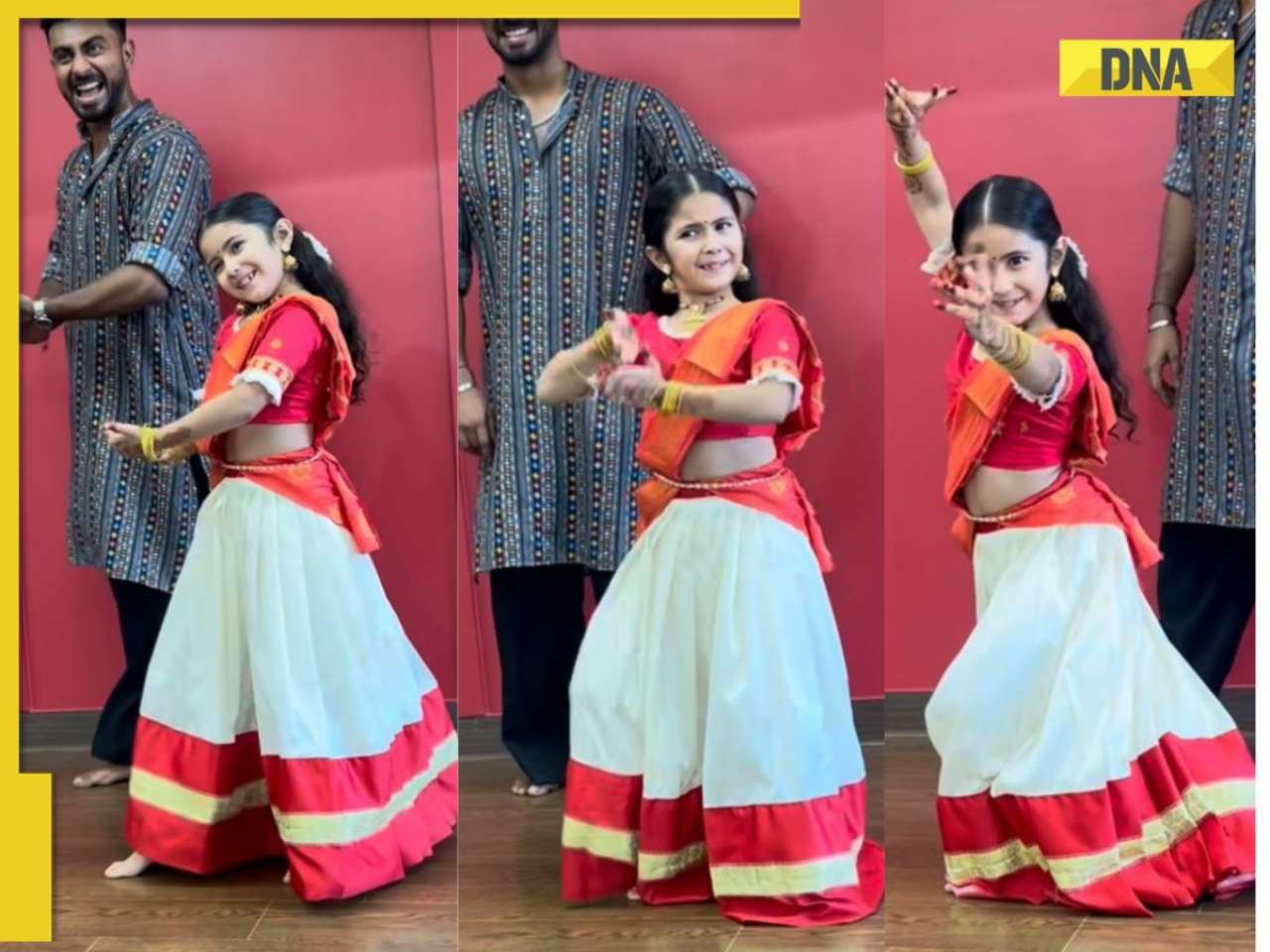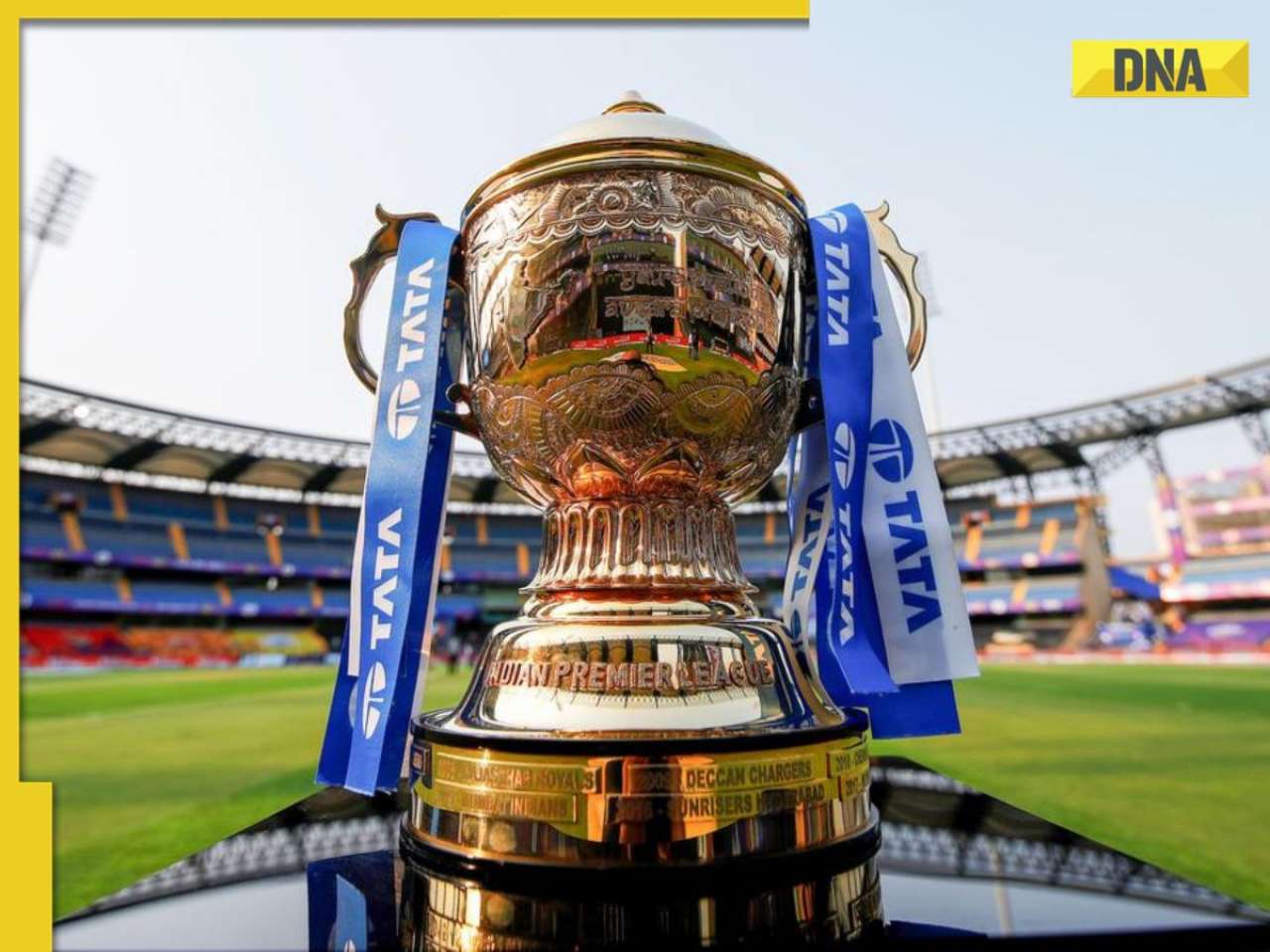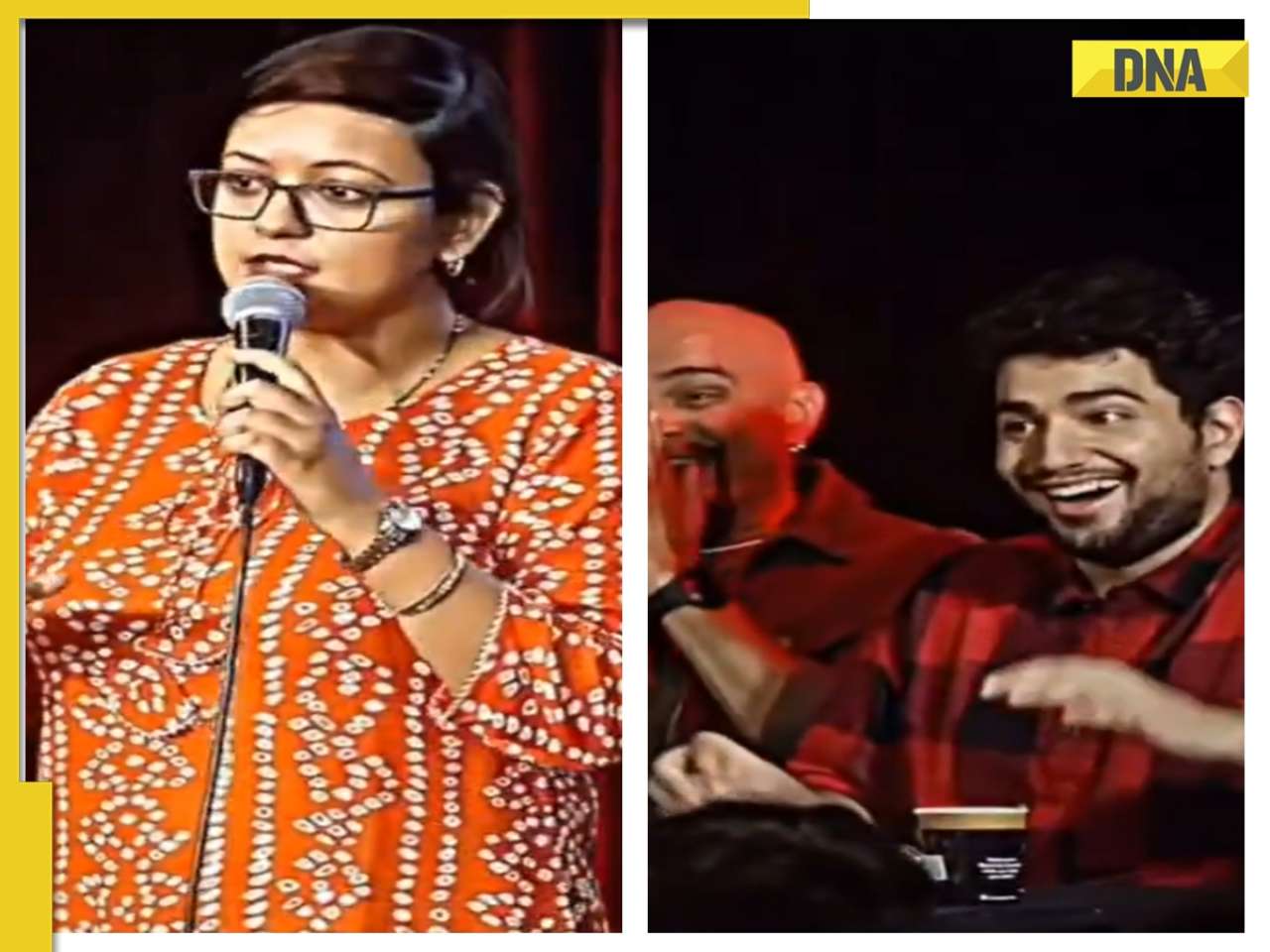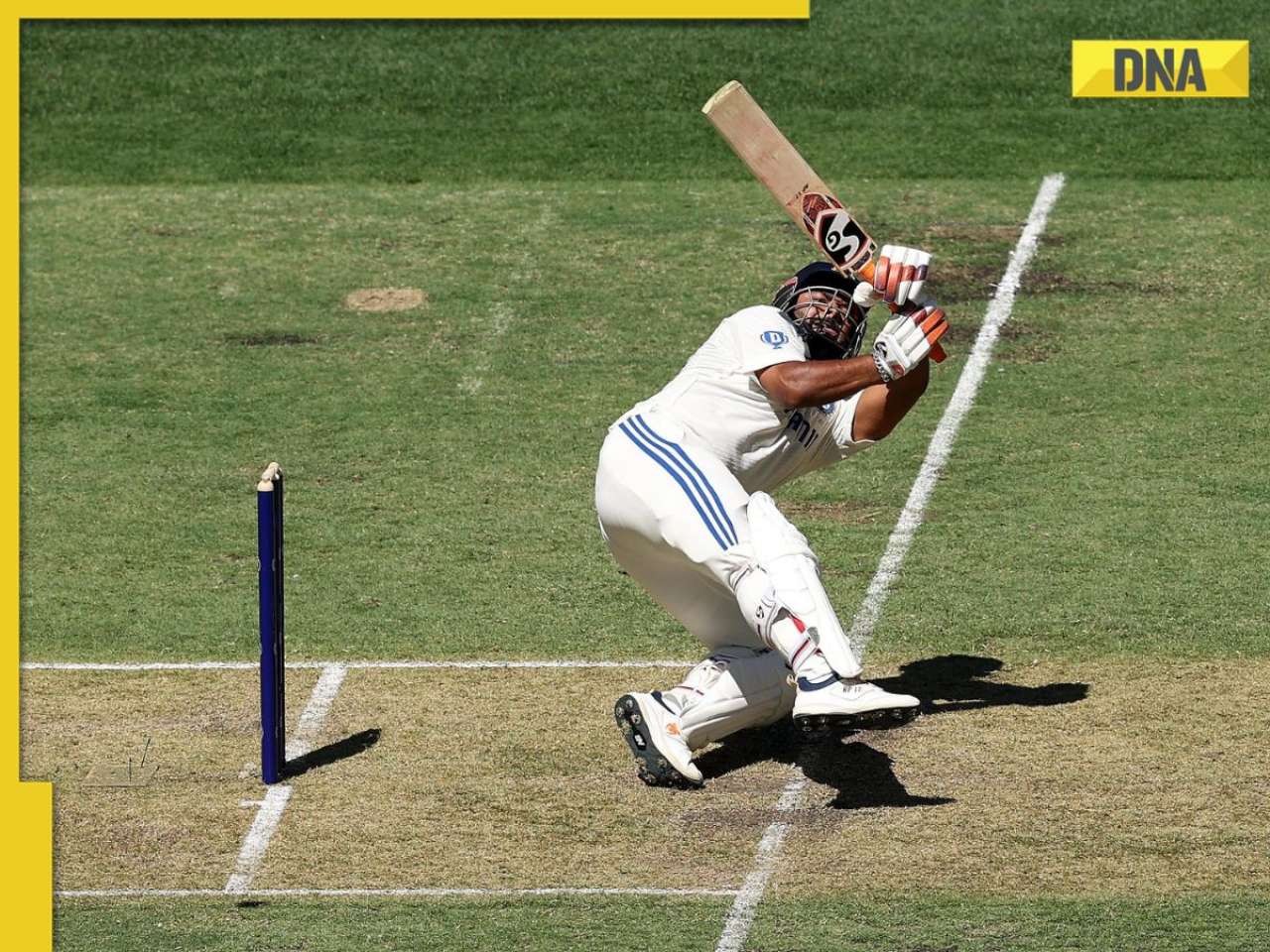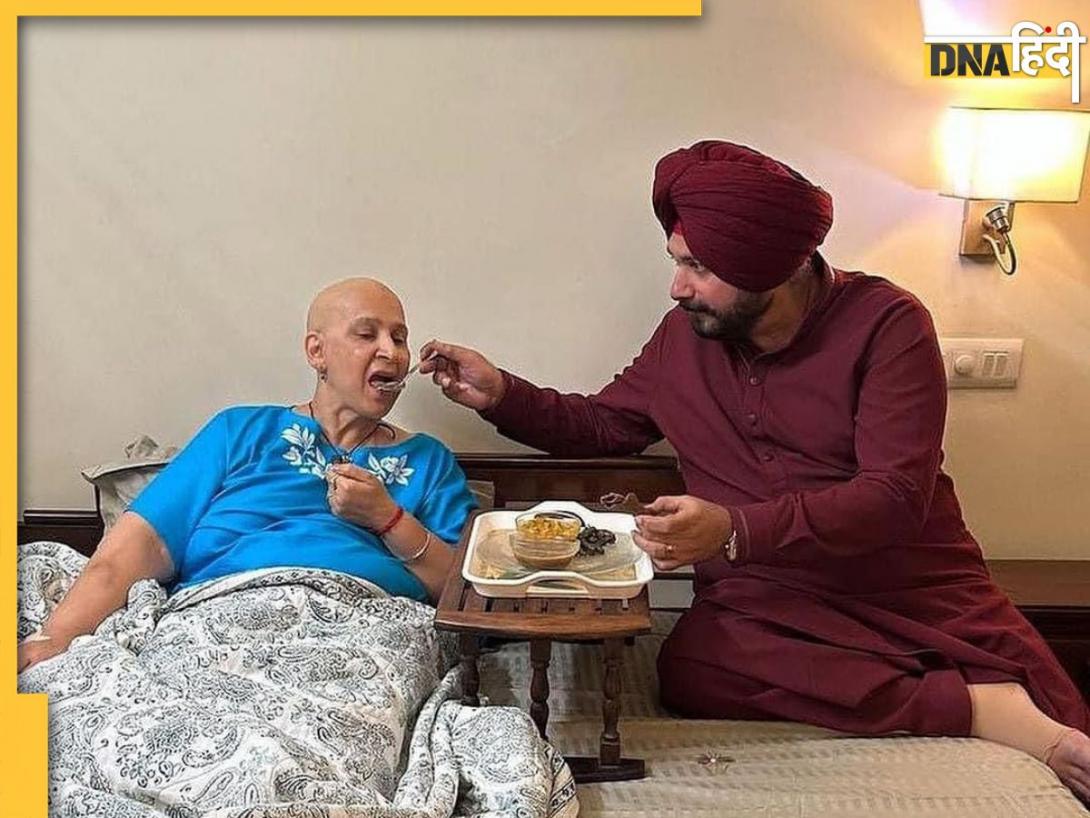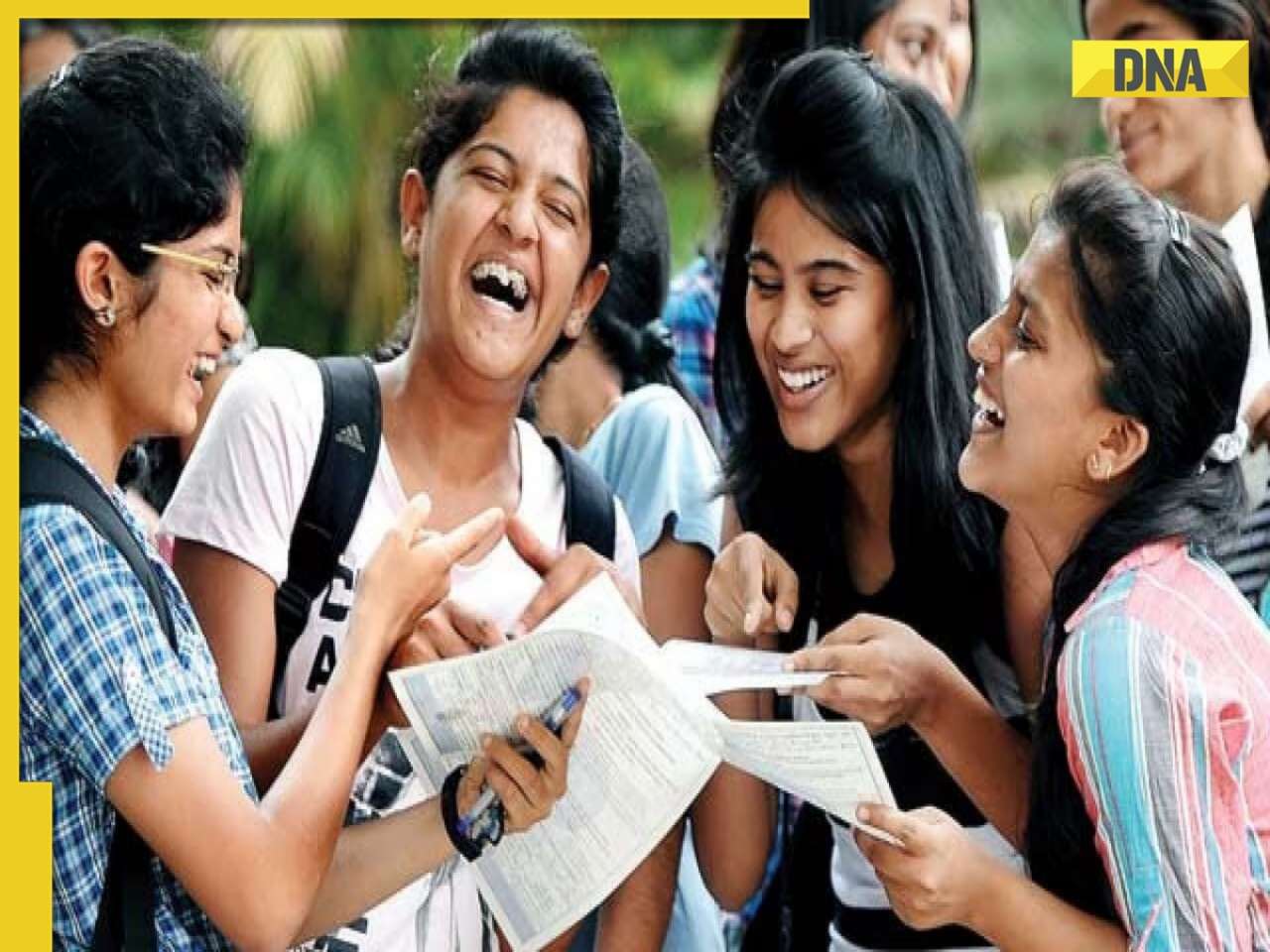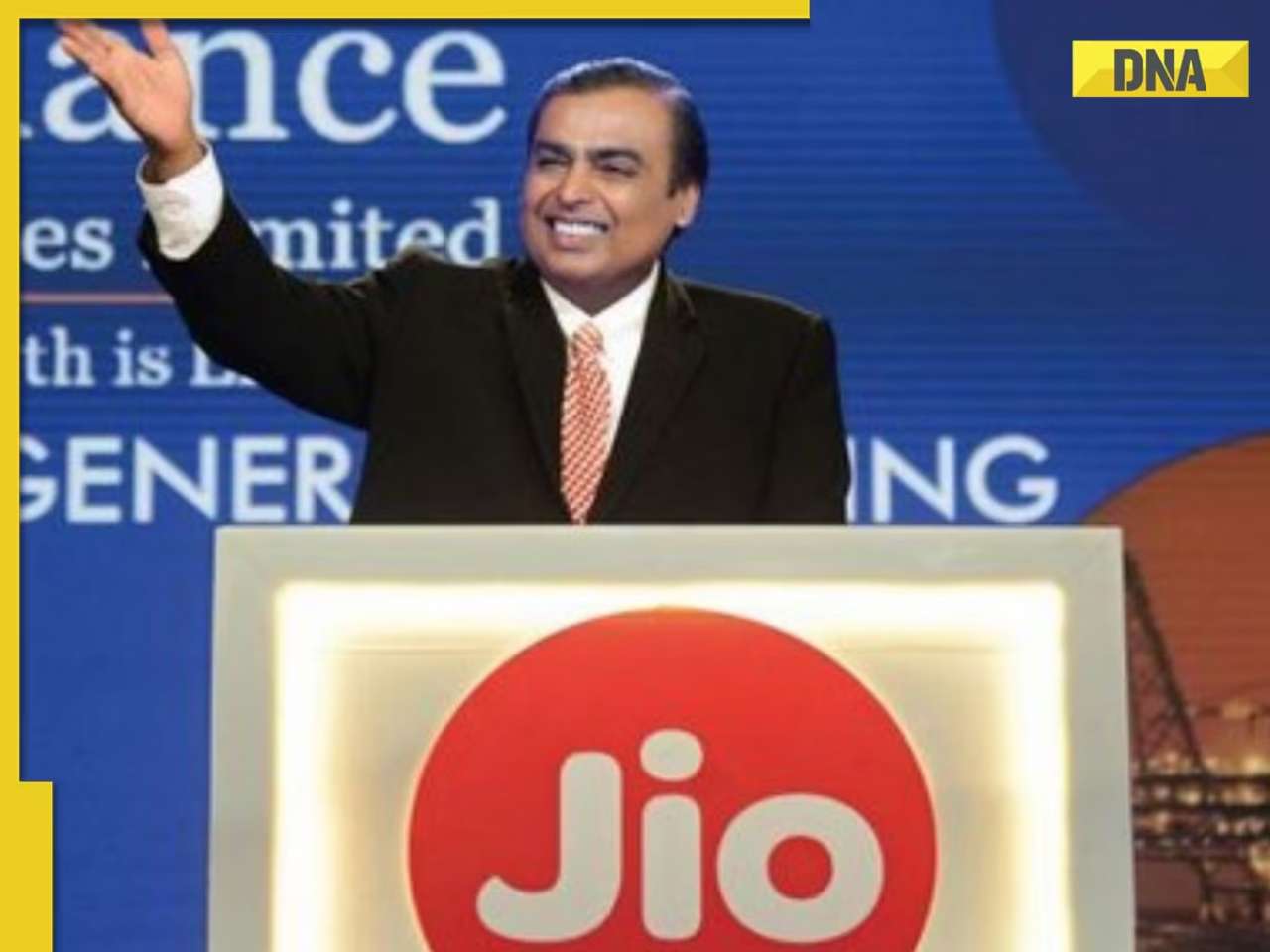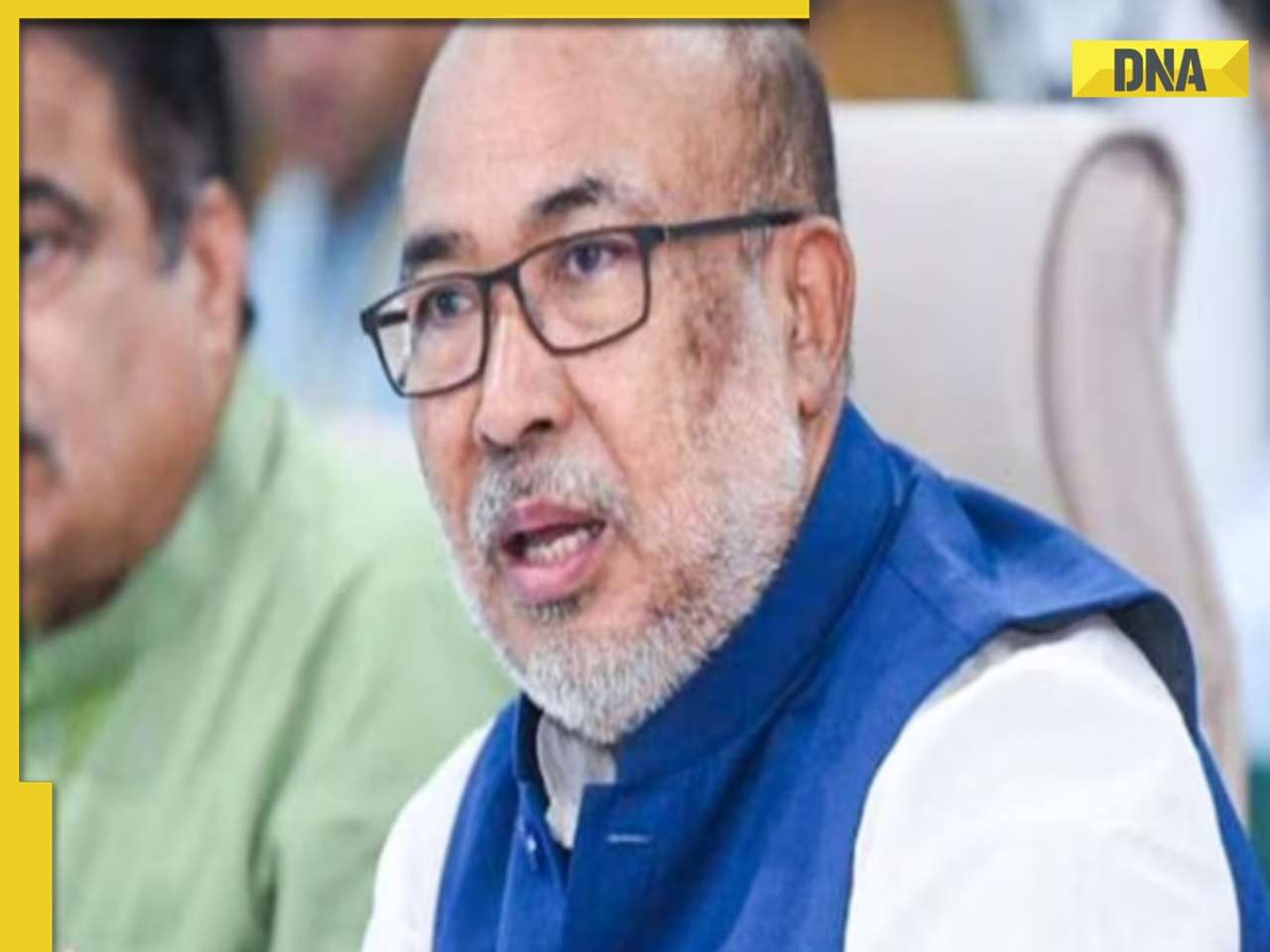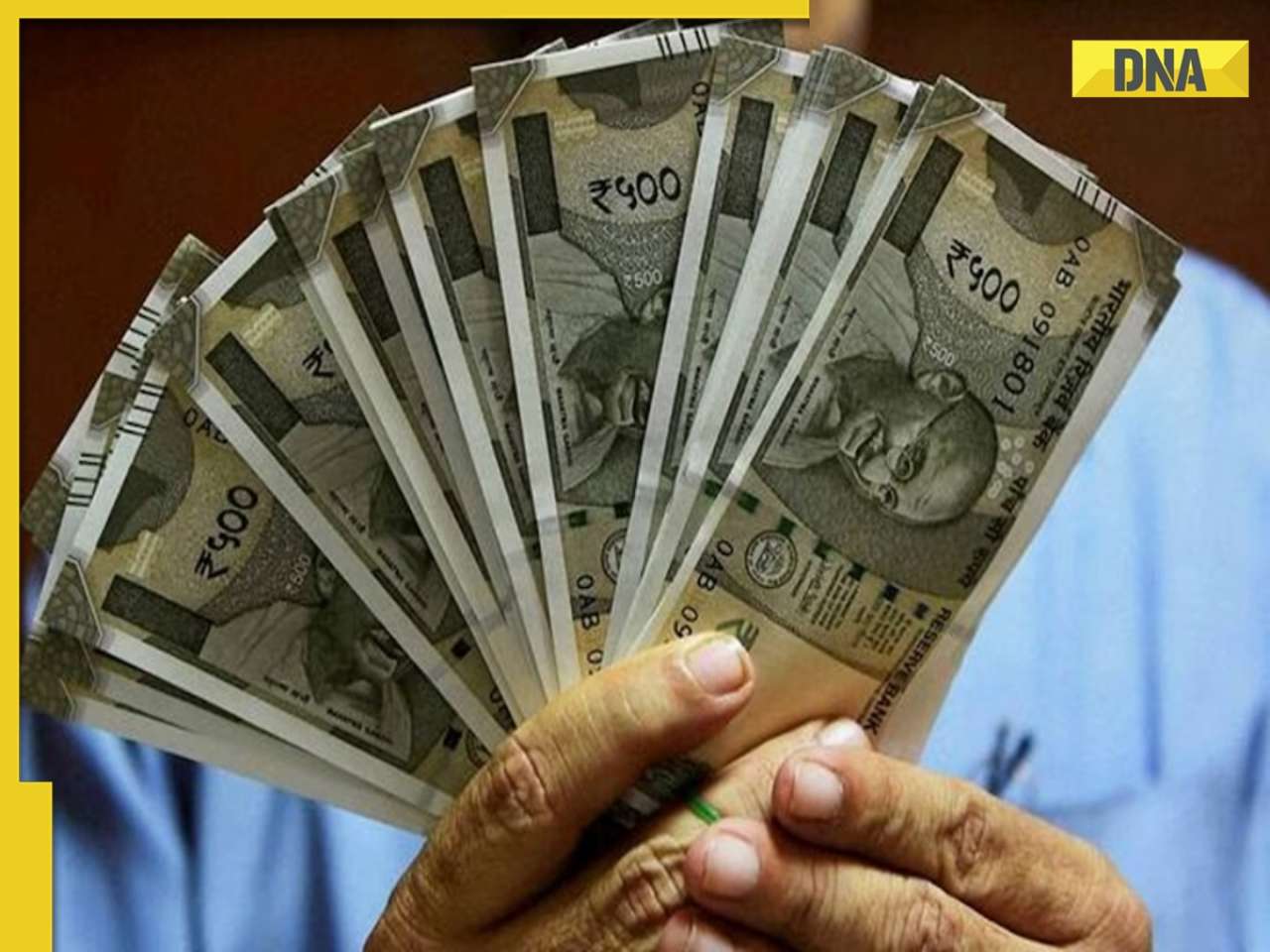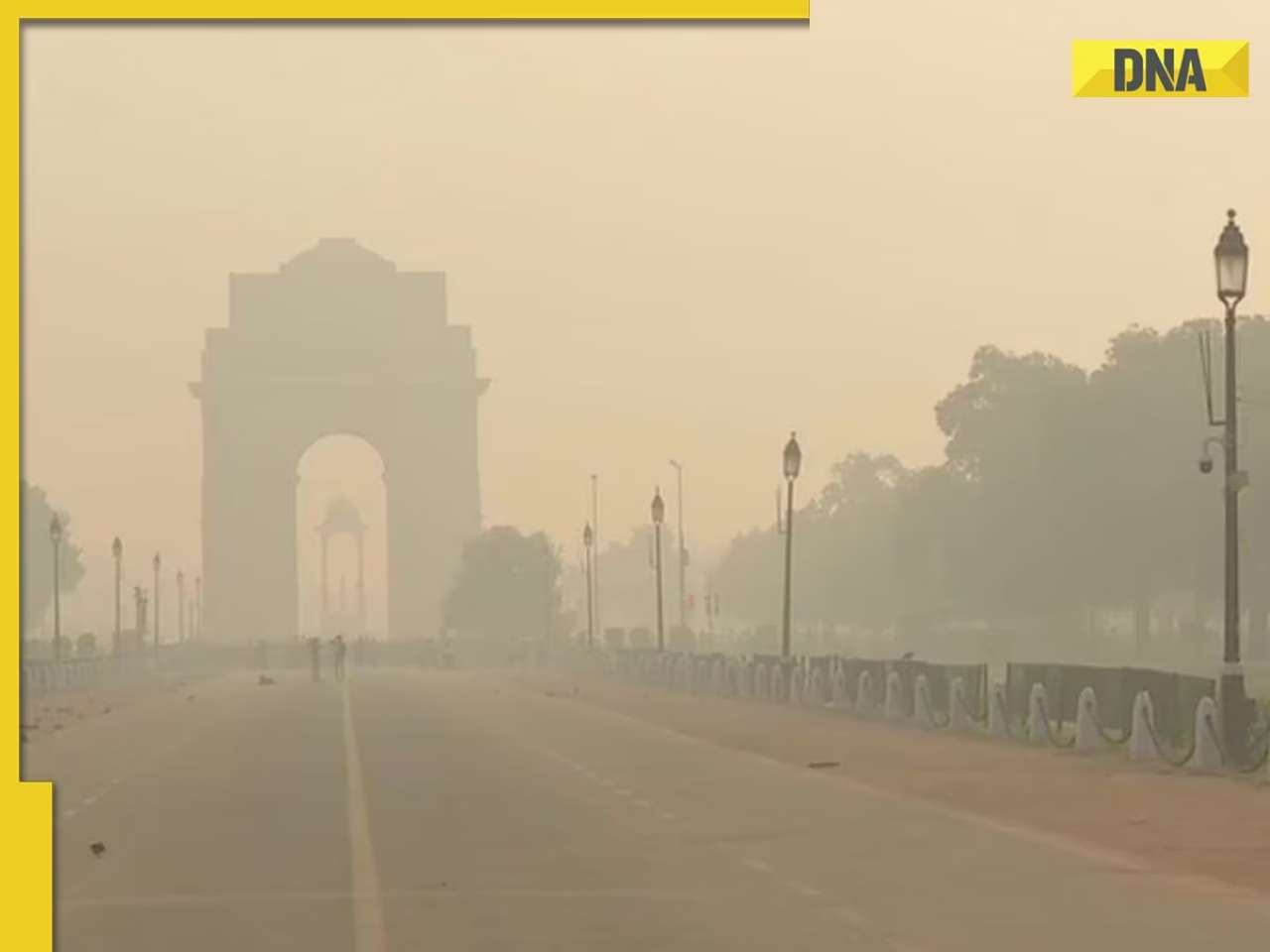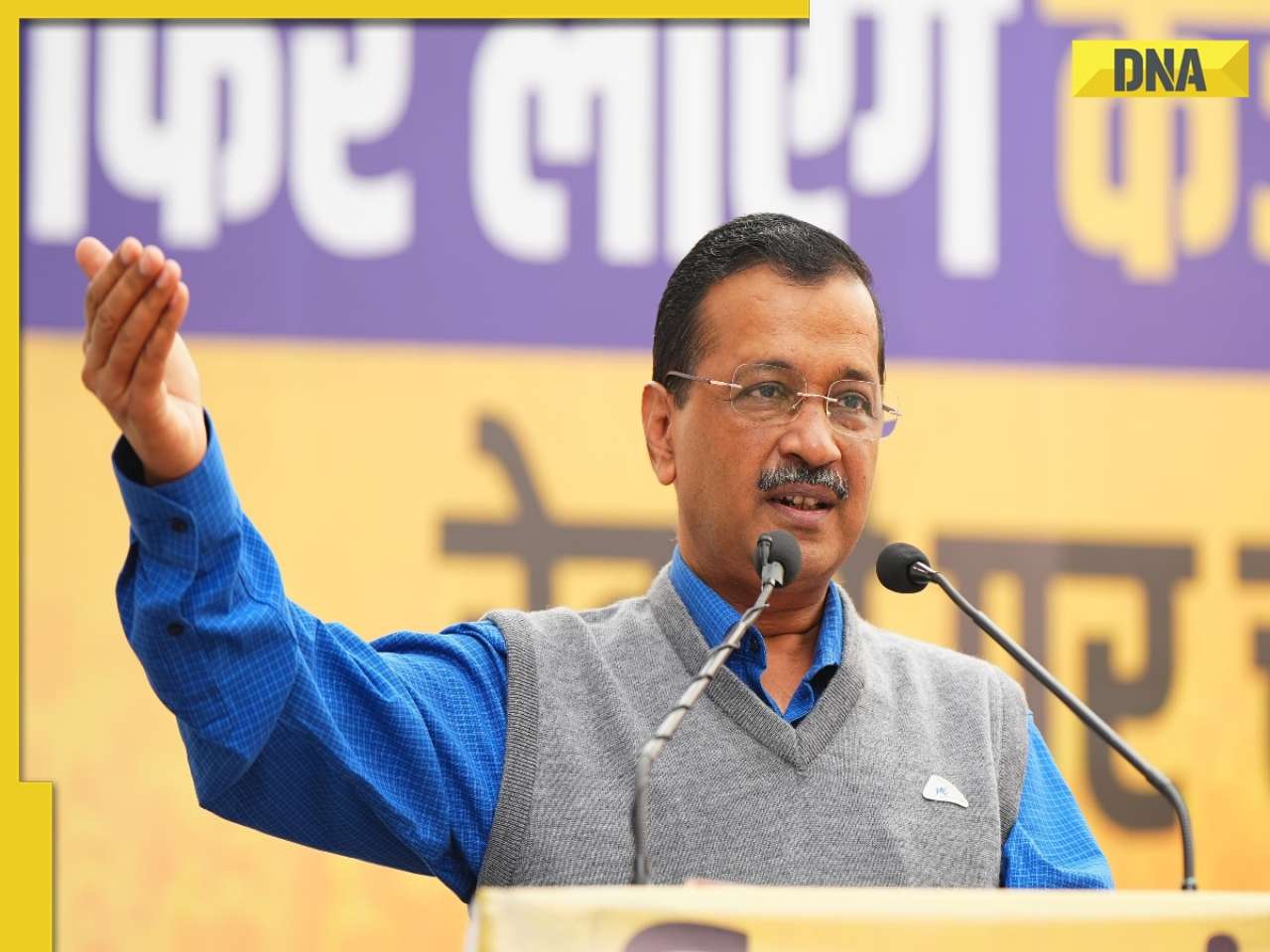- LATEST
- WEBSTORY
- TRENDING
LIFESTYLE
Sex is easy and love is more elusive today: Hanif Kureishi
Novelist and screenwriter Hanif Kureishi, whose volume of collected stories released in India last month, talks about sex, drugs and relationships in the age of Facebook.
TRENDING NOW
Hanif Kureishi sounded out of breath throughout this telephonic interview. The reason, I discovered later, was because he was gardening while talking.
The 56-year-old Kureishi’s volume of collected short stories is being released in India by Penguin this month. The London-based author spoke to DNA about the themes that recur in his stories and novels — sex, drugs and psychoanalysis, success, failure, and parenting.
In many of your stories — In A Blue Time being a case in point — there is an undercurrent of tension between the demands of family life and that of one’s male friends.
Some of these stories were written a long time ago. I guess they are about different kinds of pleasure. The pleasures of domesticity might involve giving up the pleasures of male bonding. Today I don’t see the two as being irreconcilable, but I guess back then I didn’t see the them as going together.
Have you ever written a story under the influence of narcotics?
I wouldn’t do that; that would be madness. Drugs are one thing and writing is another. To write, you need a lot of concentration and patience. It takes a long time to write something. I would work on a story for months — you wouldn’t want to be stoned all that time.
I was curious because many of your stories are about people who are into drugs.
I was interested in drugs because drugs were such a big part of the boomer generation’s psyche. We saw drugs as the opening of the doors to certain forms of pleasure. And through my lifetime [Kureishi was born in 1954], drugs have come to completely dominate our world. I don’t only mean illegal drugs like cocaine or ecstasy or marijuana. I’m also thinking of legal drugs which are given to people by hundreds of thousands of doctors around the world — anti-depressants, tranquillisers, Valium, drugs for sleeping, drugs for sex. What started off as experimenting with consciousness has become a multi-billion-dollar industry. I am very worried about this, particularly the use of drugs when it comes to children.
The vision of male sexuality that comes through in your writing seems to have no space for love. Do you think male lust and
affection don’t go together?
No, I think that would be a big mistake. People try to divorce their sexuality from their other more tender feelings, but it would be at the price of sacrificing real engagement with others, which is much more existentially damaging and difficult. To really be with someone else is harder than just copulating with them. To just copulate with someone is like going to the toilet, and that seems to me to be a defence against real engagement with another person.
But isn’t that what hedonism is all about? You focus on the pleasure and not on the person.
That’s the idea of hedonism. But is it always satisfactory? Often it just becomes a way of obsessively trying to disengage yourself. When you were a child, you needed not only to be fed by your mother, but also to be adored, to be appreciated, to be spoken to, to be engaged with in all sorts of ways. So the idea that you just need other people for pleasure or copulation would be a reduction of your place in the world.
How has racism in the UK changed, from the time you were a boy to today?
When I was a boy, it was pretty direct. People insulted you on the street, otherwise Asians and black people were entirely anonymous. Now, racism may take the form of, say, despising asylum-seekers, or seeing Muslims in a particular way, or it may be rationalised in terms of allowing only certain kinds of people to come into the country. It takes different forms all the time. And you might find other groups to despise. If you think of racism as just being a form of basic hatred, then you might despise — well, single mothers, or gay people, or lesbians, or whoever. The object of hatred is almost irrelevant. The pleasure of racism is the pleasure of hating, isn’t it?
What about the UK’s current immigration laws, which make it more difficult for South Asians, as compared to, say, East Europeans?
Yes, this is institutionalised racism, particularly against people from Pakistan. Also, when it comes to students, there seems to be an assumption that kids from Pakistan who want to come and study in the UK are all bombers. This is a form of racism actually, but it is dressed up as security. This idea of security is a very noxious idea, isn’t it? It’s basically a way of keeping people out. It’s made for a much more paranoid society.
What role has psychoanalysis played in your life?
I’ve always been interested in the area where psychology, literature and philosophy overlap. These three disciplines are concerned with similar things — basically, the nature of human life in the world. When I was young, psychoanalysis was a means to look at the things I was really interested in: sexuality and death.
Failure is another theme that runs through your work. How do you make sense of failure in a world where success seems to have become the only measure of a person’s worth?
In a world obsessed with success, failure would be a kind of rebellion. The idea of success is so overwhelming, so difficult for people to deal with, that to fail is to rebel, to refuse to participate. Because if your family or parents or whoever is obsessed with the child doing well, the child can feel quite oppressed by this. Instead of the child finding its own way, it will become a failure, and frustrate its parents, so that the parent knows what the child is feeling. It may be a form of self-possession, to fail. To let the parent down, so the parent knows he may not be totally in charge — is a form of rebellion.
What is your idea of success?
For me, success is to do work that is pleasurable, every day, which is to write books that I enjoy writing.
You said in an interview once that, “In the Fifties, we repressed sex, now we repress love.” Do you find it strange that in the age of social networking, as the channels of human connection multiply, actual connection is becoming difficult?
Yes, today, relationships are less committed. Mostly, they are very passing relationships and are based on fantasy. On Facebook, for instance, the other person isn’t really there, or is only half there. And their identities are changing. Online, you can change your identity. You can be whoever you want to be, and so there really isn’t much of a connection.
Sex is easy and love is more elusive and difficult today. Human relationships have come to resemble the market. You can choose, you can find a new person, you can move around. There are multiple selves now — the market demands that you be this or the market demands that you be that, and you change your self. You change your identity in order to suit the market, don’t you? There isn’t any authentic self left.
Is that a good thing or a bad thing?
I don’t know. It might mean that you lose any idea of having a real self, that you think that you could be just anybody. But to have a real self is to have had a history, and to have been a child, to have had the parents you had; to pretend that that’s not the case would be to lose something important about yourself.

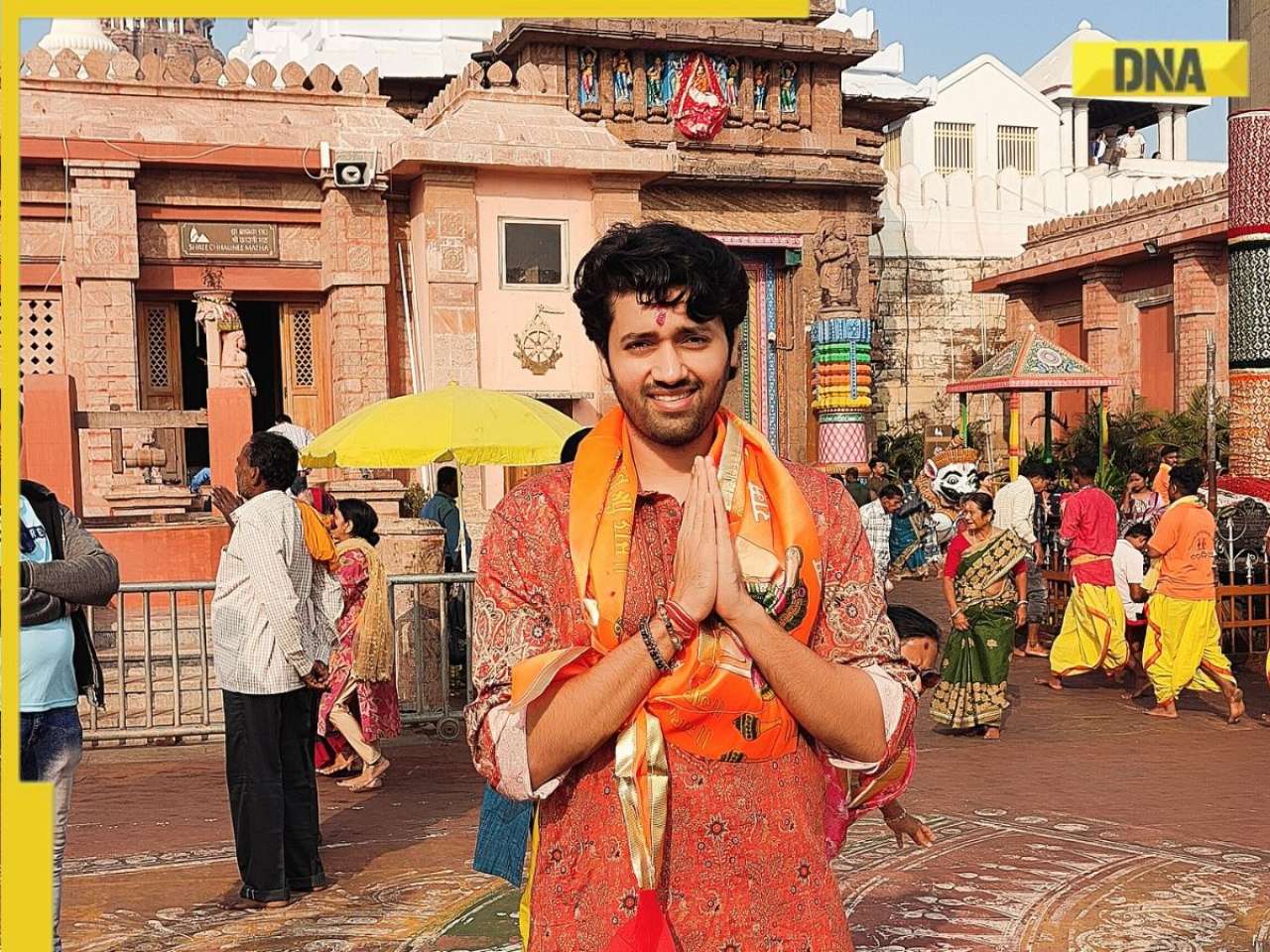
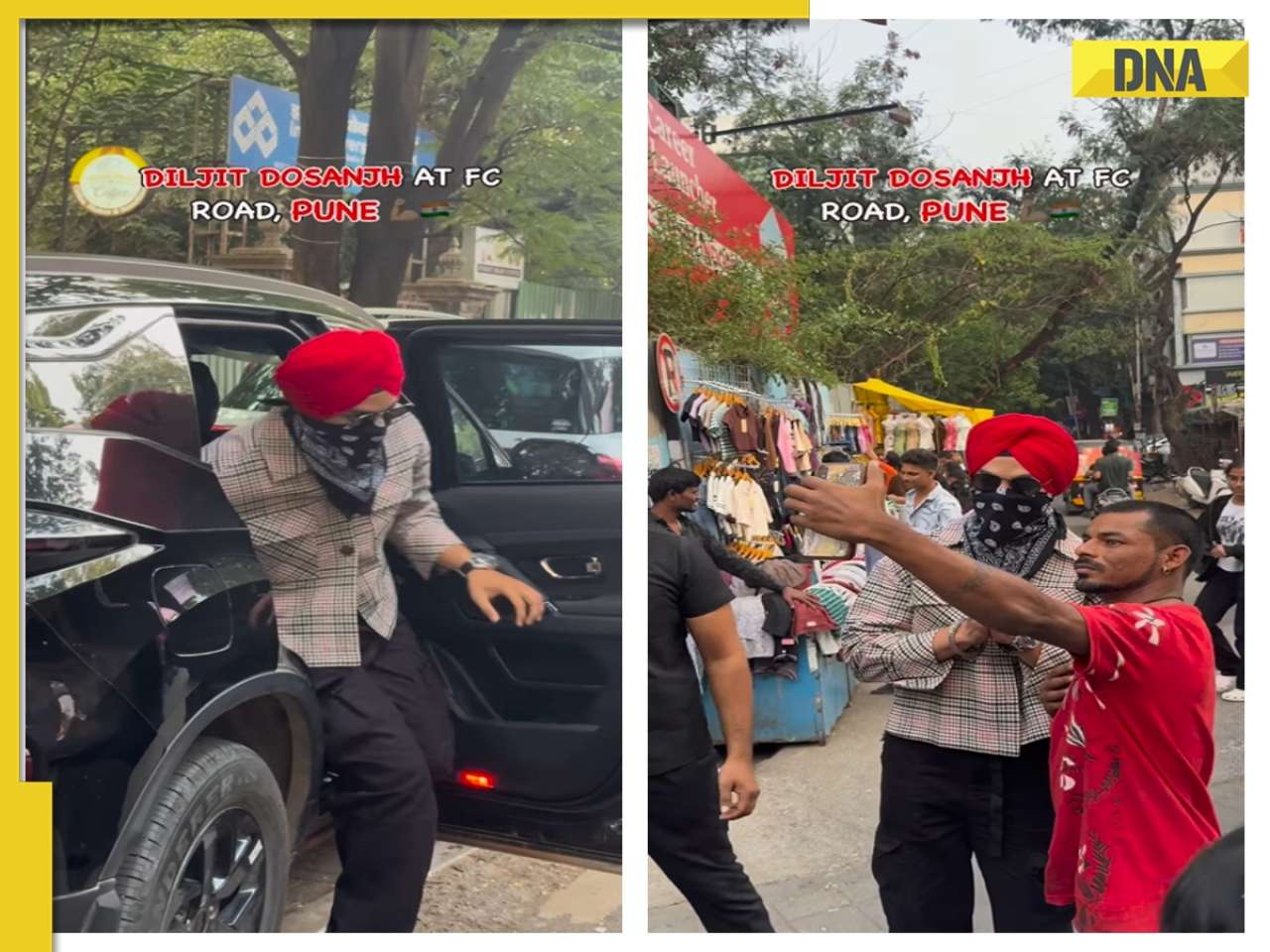





)
)
)
)
)
)
)
)
)
)
)
)
)
)
)





